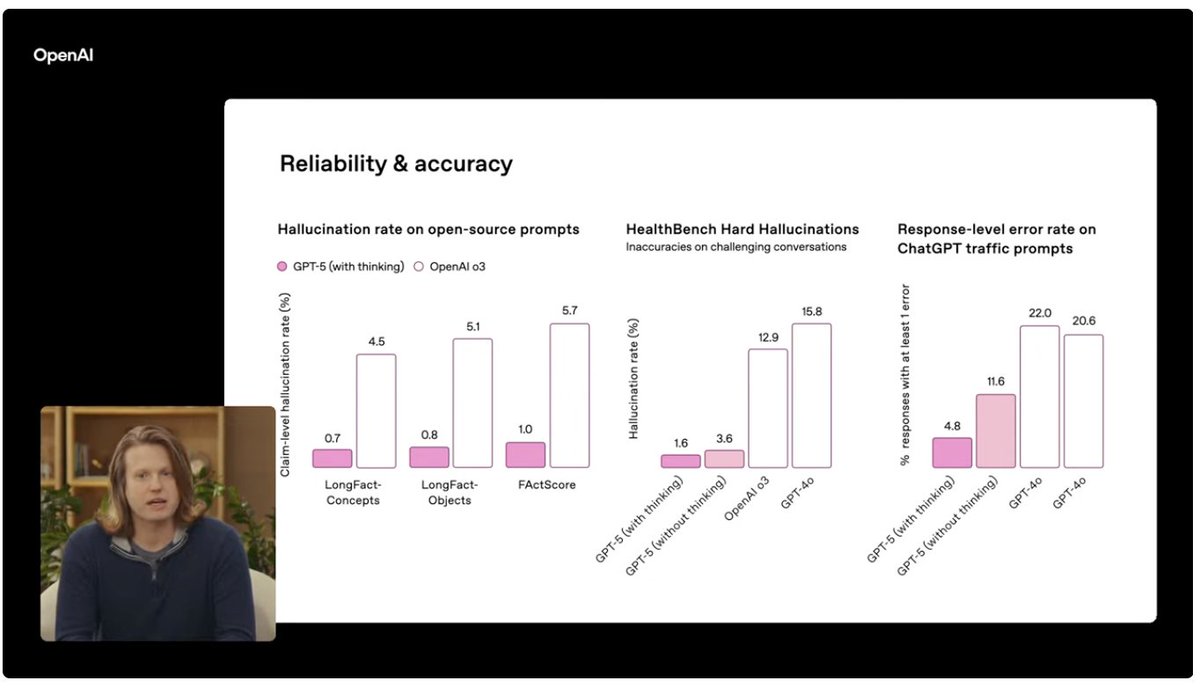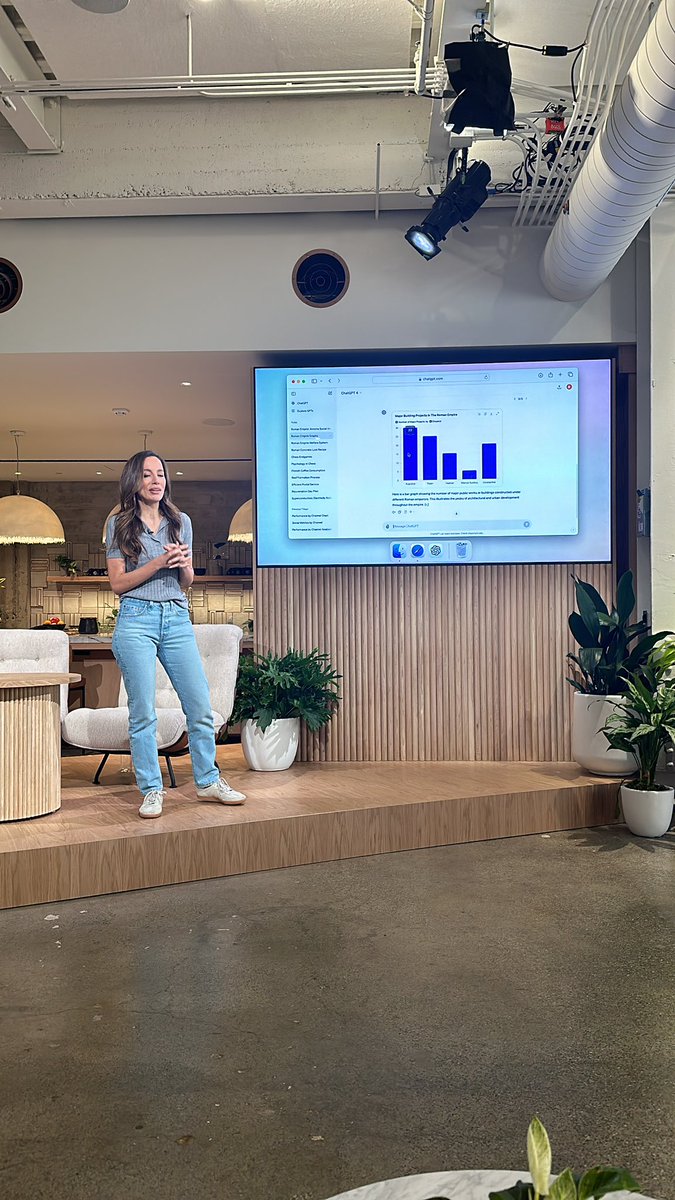How To Be Successful
(At Your Career, Twitter Edition)
(At Your Career, Twitter Edition)
The most successful people (judged by history, not money) continually look for the most important thing they are able to work on, and that’s what they do. They do not get trapped in local maxima, and they do not deceive themselves if they find something more important.
However, they are willing to work on something for a long time even if other people don’t get it. "Important" does not mean "popular".
The best work you ever do is what matters, not the time you worked on alchemy. Optimize for being spectacularly right some of the time, and low-stakes wrong a lot of the time.
You can almost always scale things up more than you think, and the benefits to doing so are almost always bigger and more surprising than you think. This goes from everything from technical systems to companies.
Scale benefits, network effects, and the power law are so powerful that people usually delude themselves into thinking otherwise. They are often the best way to make it hard for others to compete with you.
If there is a single key to success, it is the trait of being able to make things happen in the world—willfulness, determination, execution focus, not giving up when you hit a roadblock, the ability to solve any problem that comes your way, and self-belief.
Almost everyone underestimates the value of fast movers, in almost every context. Work with them. Be one yourself.
Spend a lot of time with the kind of people who are constantly producing new ideas.
Low-stakes things should be low-drama, and high-stakes things can be high-drama if they have to be. It’s important to get both of these right. Use your stress budget to really focus on the few things that matter.
Getting caught up in the parts of a job that don’t matter is a dangerous trap and for some reason one that a lot of people fall into. Let other people play political games and avoid them as much as you can.
Authentic, high-conviction vision is rare and valuable. Double down when you find it or find people who have it.
It’s really helpful to get someone to take a bet on you (hire you, promote you, invest in your company, whatever) early in your career. The best way to do this is to first do whatever you can to help them.
The most value comes from doing something no one else can do, or no one else has thought of, in a way that is hard for other people to copy. If you try to be just like everyone else, and do just what they’re doing, you will maybe do ok but certainly not great.
Follow your own curiosity, and start looking internally instead of externally for the answers. Be honest with yourself about the intersection of your skills, your passions, and what the world values.
The best way to have valuable ideas is to understand the entire landscape of a field and figure out what can emerge now that couldn’t before.
If you want to get rich, remember that the way to do it is via equity, not salary.
Compounding, in all ways, is a very powerful force. Long-term outlooks and long-term commitments are the easiest way to outperform other people.
The sooner you can learn to ignore the haters, the better. Avoid the temptation to become one or surround yourself with them—it’s fun in the short term, but they are almost never successful at anything other than social media.
It is very hard to do good work without being optimistic, exceptionally determined, and intellectually curious.
Ideal goals are ones that you hit, but just barely. Setting goals that are always a bit too much of a stretch is demoralizing—people want to be on the winning team, and you want to be winning at life. Write your goals down, professionally and personally.
Set and maintain high standards. If you have to be hard on people, do it with love and a genuine wish for them to improve. Praise people when they hit the standard.
The strongest teams have a lot of diversity of thought but do not have much diversity of values or goals.
There are exceptions, but the people at the top of almost any field worked very hard to get there. Be skeptical of people who tell you that you don’t have to work hard if you want to have an exceptional career unless they have exceptional careers.
The best way to get people to help you is to first help them. The second-best way is to be working on something interesting.
Have long staff meetings and short 1:1s. It’s much better for information flow and alignment.
Don’t overschedule yourself. Don’t have long meetings except for really important topics, and then have very long ones. Try not to have large meetings, but if you have to, try having large meetings be partially in writing.
Compounding success (which means “growth” in the case of an early-stage start-up) solves almost all internal problems, particularly hard ones.
Try committing to one day per week (for me it only works on a weekend, but some people do it on Fridays) where you work in a long uninterrupted block to catch up on the previous week and prepare for the next.
Focus on what matters. Cut all the BS.
• • •
Missing some Tweet in this thread? You can try to
force a refresh









